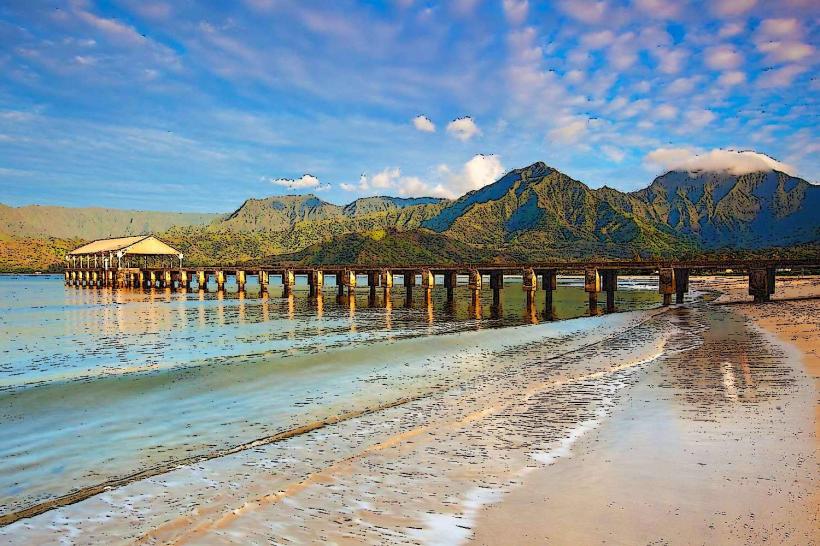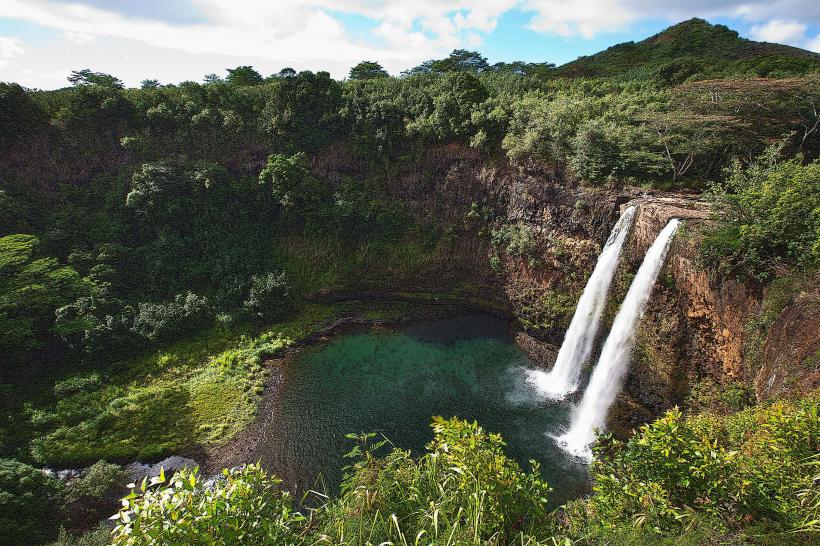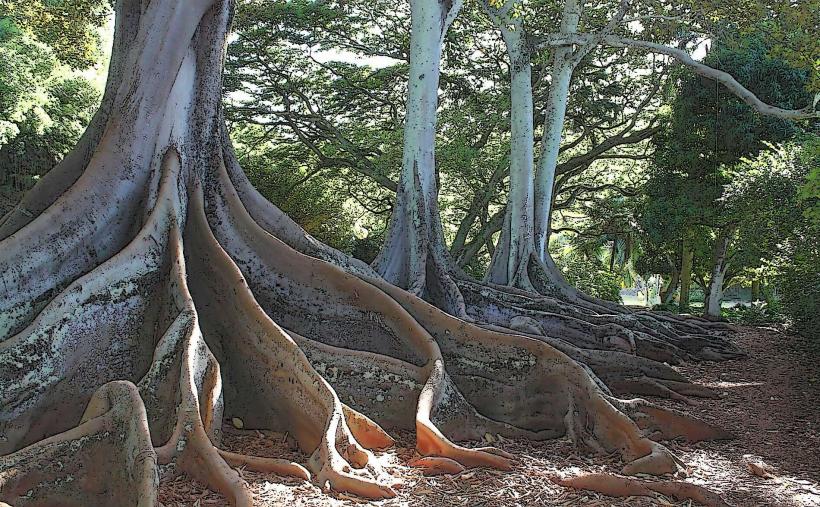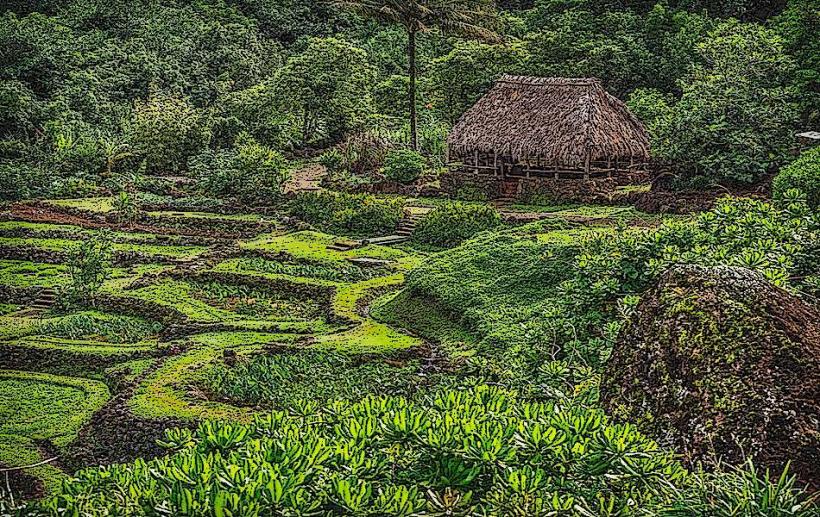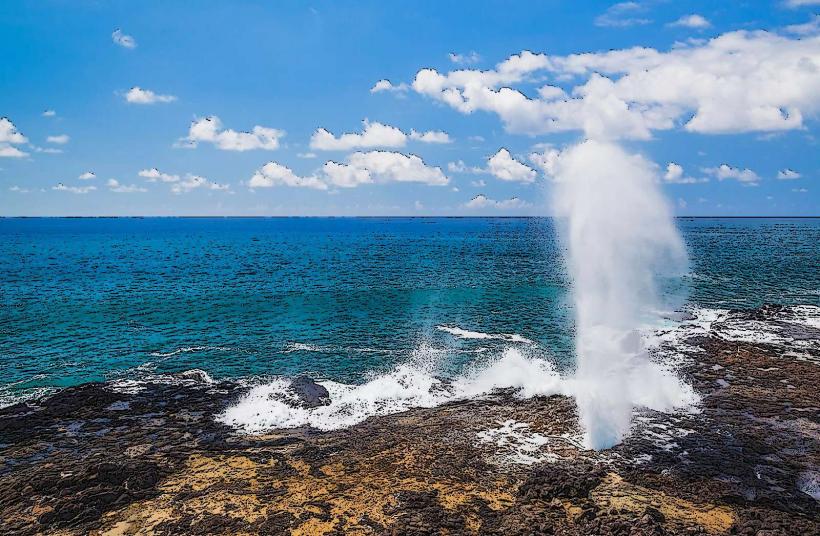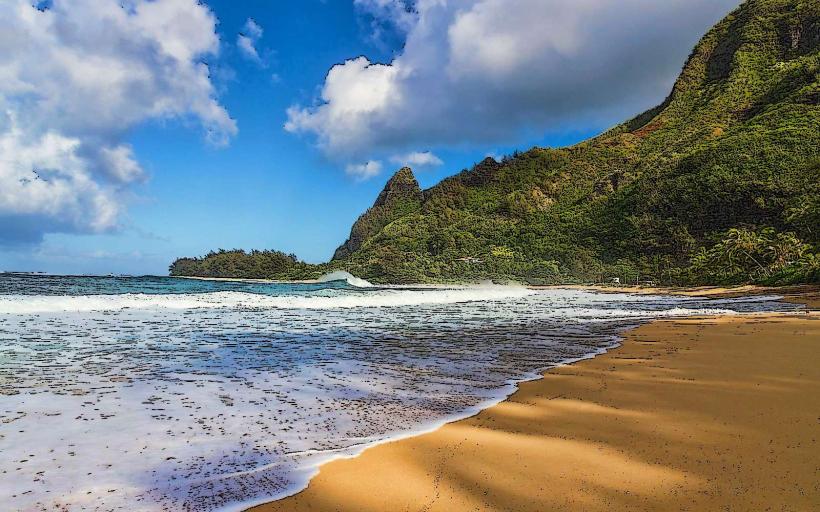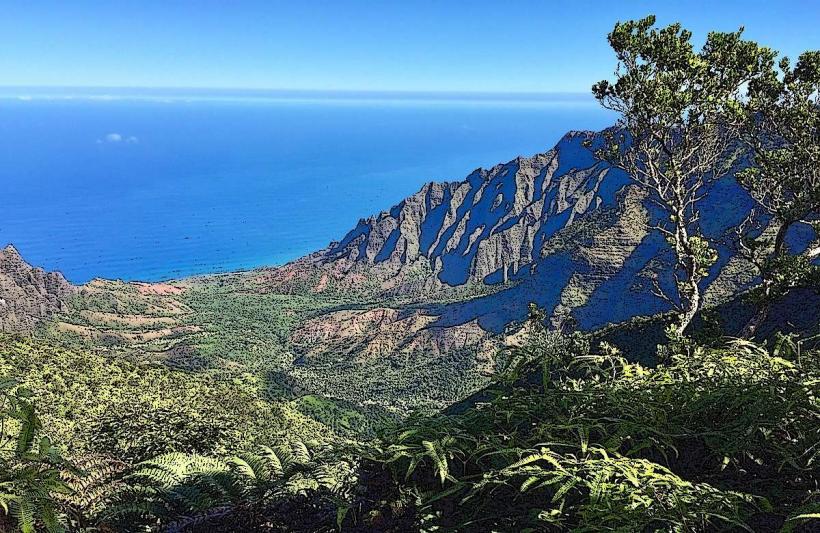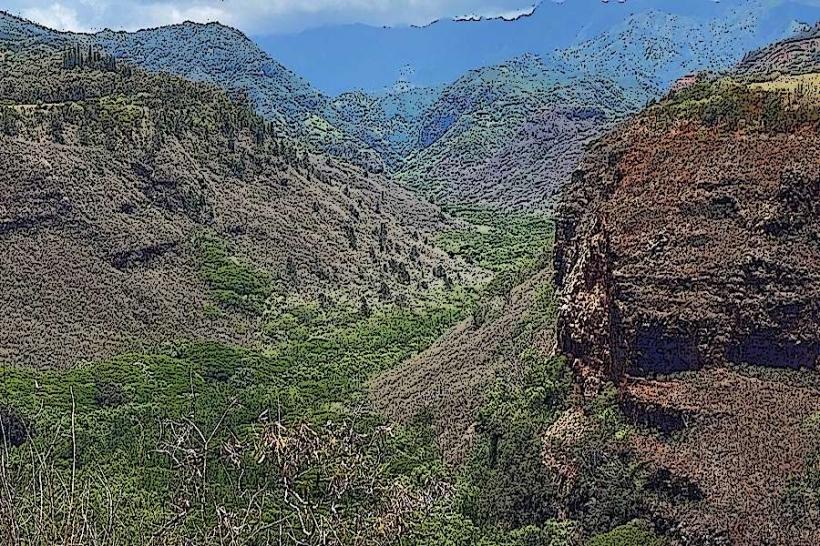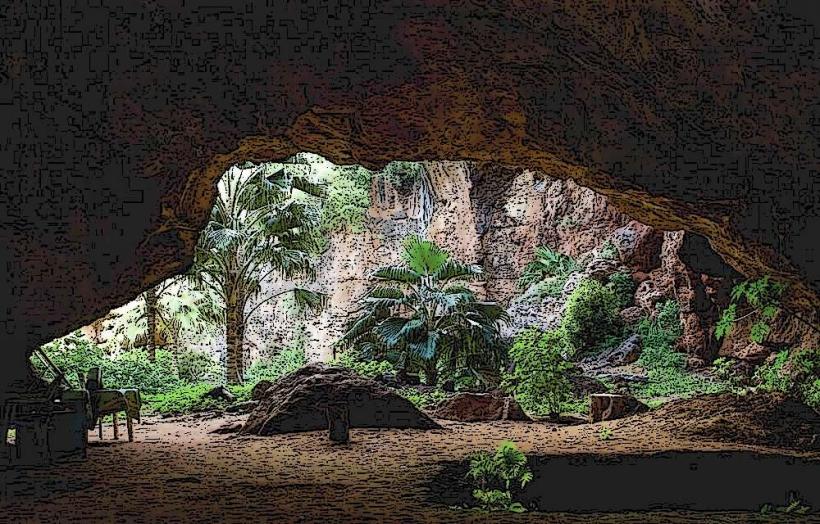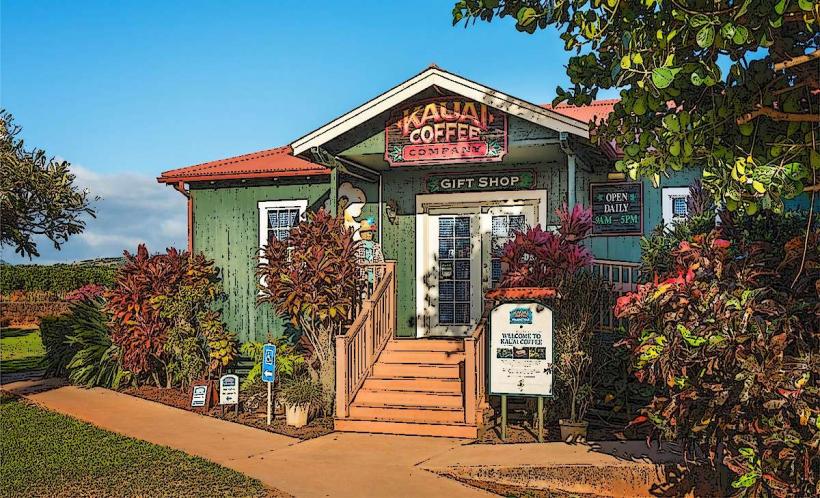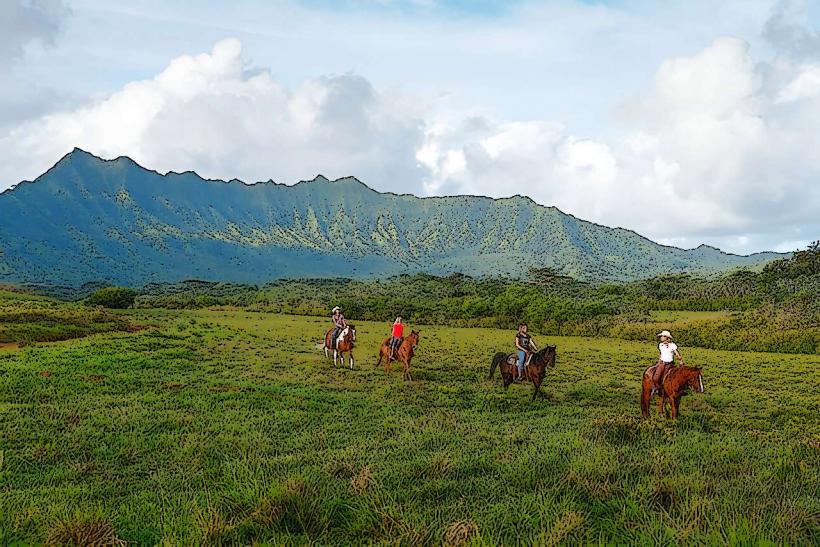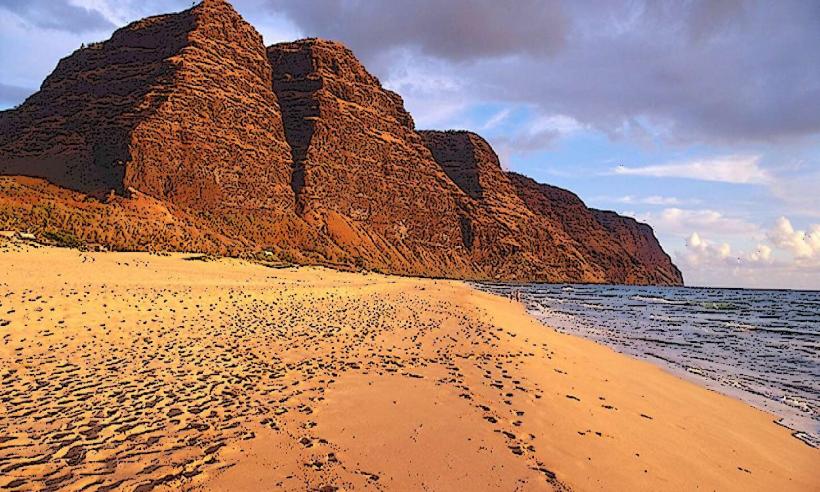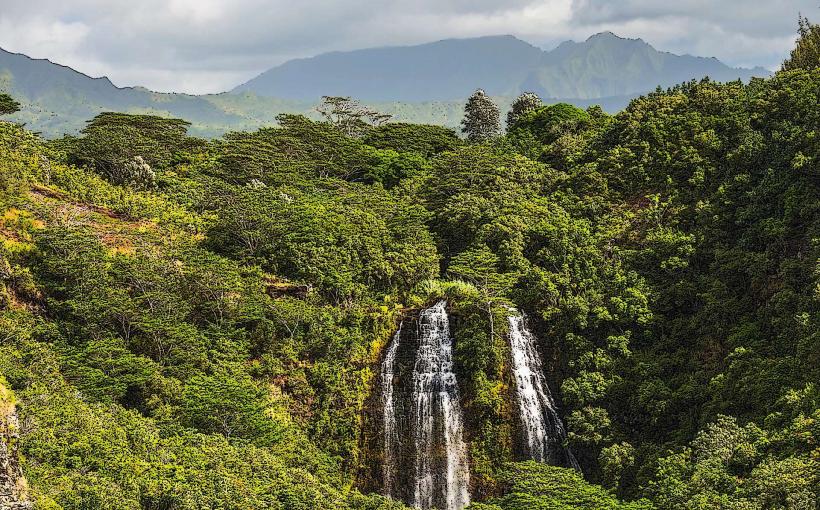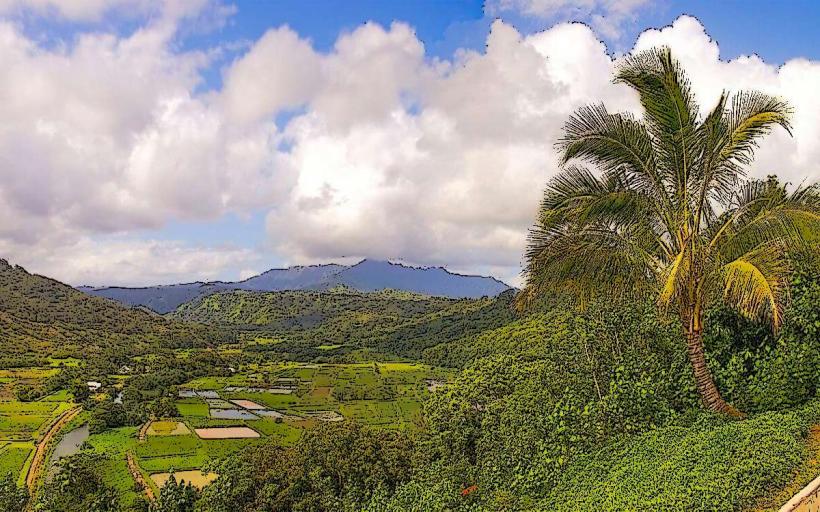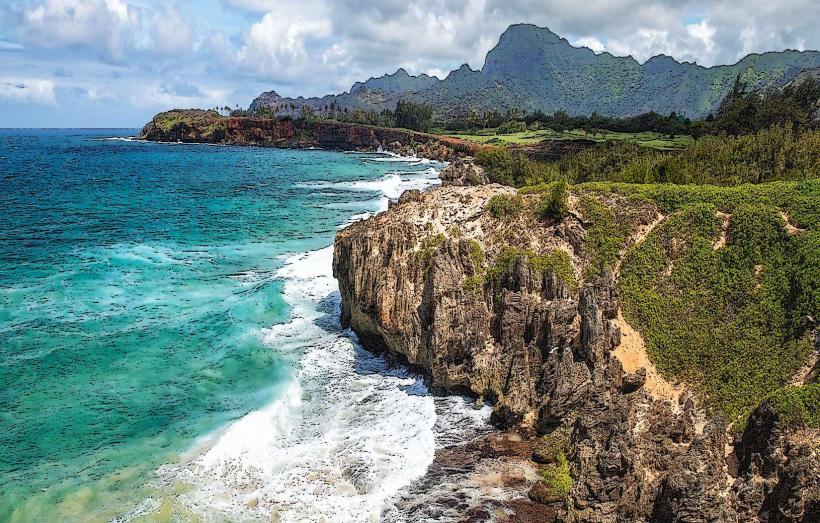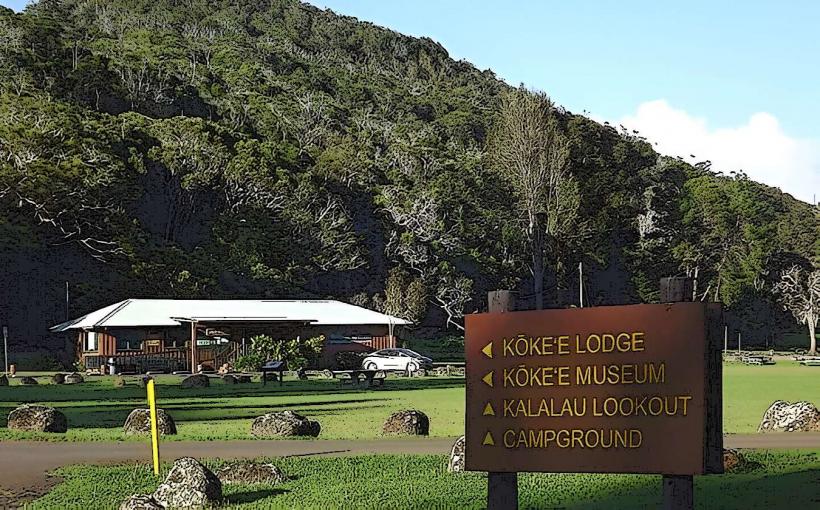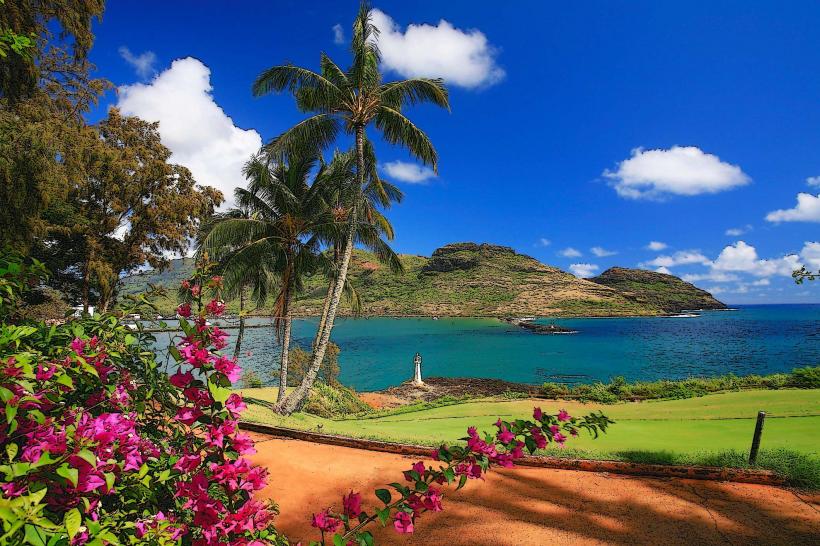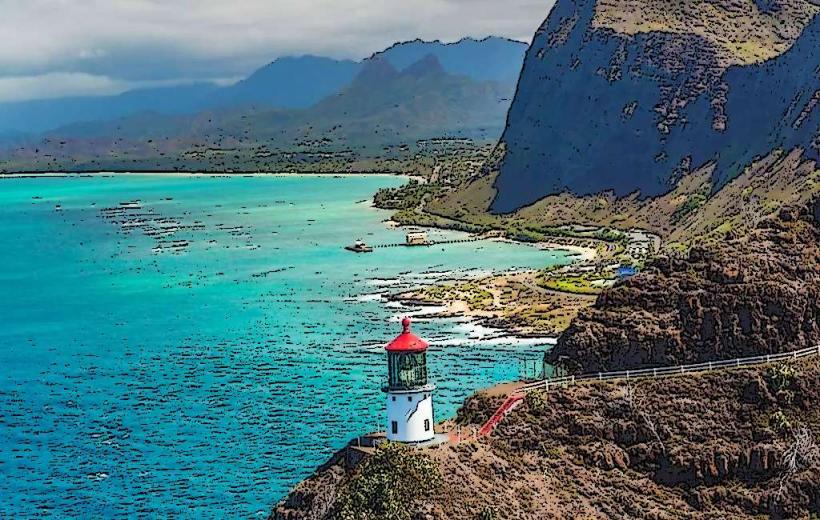Information
Landmark: Na Aina Kai Botanical GardensCity: Kauai
Country: USA Hawaii
Continent: North America
Na Aina Kai Botanical Gardens, Kauai, USA Hawaii, North America
Na Aina Kai Botanical Gardens is a 240-acre botanical garden located on the north shore of Kauai, Hawaii, USA.
The gardens feature a diverse collection of plants, including tropical fruit trees, ferns, and orchids, spread across various themed areas such as the Japanese Garden, the Hawaiian Garden, and the Children's Garden.
Visual Characteristics
The gardens are characterized by extensive manicured lawns, paved pathways, and naturalistic plantings. Key features include a 2000-foot long waterfall, a 100-foot long water slide, and a 60-foot wooden bridge spanning a ravine. The vegetation is dense and varied, with mature trees providing significant canopy cover in many sections. The primary materials used in structures are wood and stone.
Location & Access Logistics
Na Aina Kai Botanical Gardens is situated at 4101 Wailua Farm Road, Kapa'a, HI 96746. It is approximately 10 miles north of Lihue Airport (LIH) and 5 miles north of Kapa'a town. Access is via Wailua Farm Road, which is a paved, two-lane road. Parking is available on-site. Public transport options are limited; visitors typically require private vehicle transport.
Historical & Ecological Origin
The gardens were established by Joyce and Henry Casey, with development beginning in the 1980s. The site was formerly agricultural land. The ecological origin is a tropical rainforest environment, with the gardens developed to showcase a wide array of plant species adapted to this climate.
Key Highlights & Activities
Guided tours are the primary method of experiencing the gardens. Tours include a 1.5-hour walking tour of specific garden areas and a 2-hour tractor-pulled wagon tour that covers more ground. Activities include observing diverse plant collections, viewing water features, and exploring themed garden sections. Swimming is permitted in a designated pool area during the wagon tour.
Infrastructure & Amenities
Restrooms are available at the main visitor area. Shade is provided by mature trees and some covered structures. Cell phone signal (4G/5G) is generally available within the main visitor areas but may be intermittent in more remote garden sections. There are no on-site food vendors; visitors are advised to bring their own food and beverages.
Best Time to Visit
The best time of day for photography is generally in the morning or late afternoon when the sunlight is less direct. The best months for weather are typically from April to October, avoiding the heavier rainfall periods of winter. There are no specific tide requirements for visiting the gardens.
Facts & Legends
A unique aspect of the gardens is the extensive collection of over 100 different varieties of hibiscus. The gardens are also known for their collection of antique garden equipment displayed throughout the property.
Nearby Landmarks
- Wailua Falls (2.5km Southwest)
- Opaeka'a Falls (3.0km Southwest)
- Smith's Tropical Paradise (3.5km Southwest)
- Kapa'a Beach Park (4.0km South)
- Sleeping Giant Trailhead (4.5km West)


